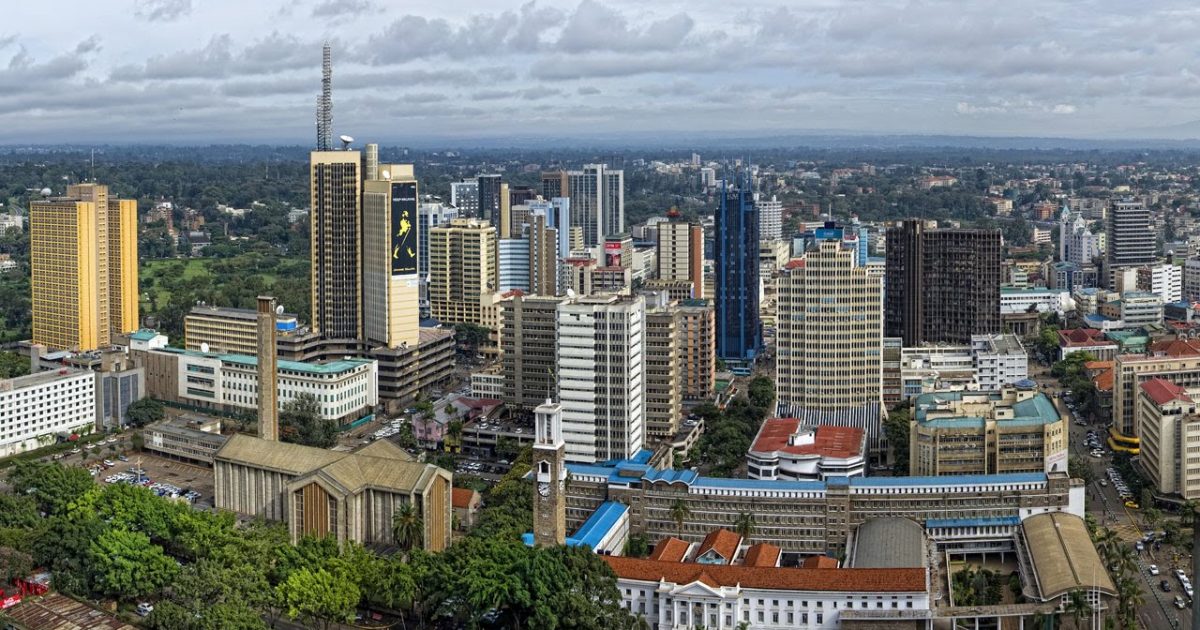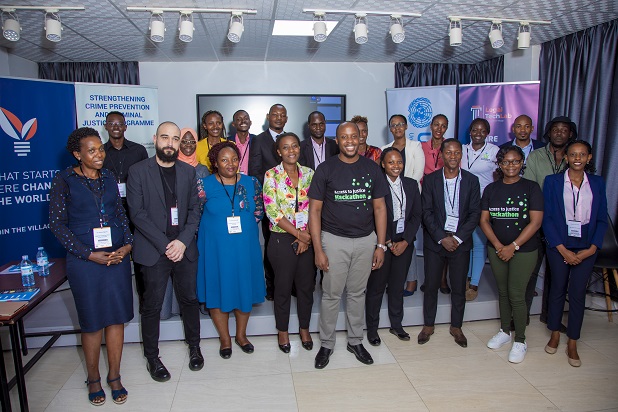Africa’s economic giants, Nigeria, South Africa and Egypt, have been stumbling recently.
Rising security risks and political instability in Egypt, economic downturn and militancy in Nigeria and escalating political risks in South Africa led to doubts whether the balance between risks and opportunities in these markets is still favourable for businesses.
Despite recent recovery in Nigeria and South Africa, Kenya and Ethiopia might soon outshine these heavy-hitters in the competition for investment, according to the newly released Africa Risk-Reward Index developed by Control Risks and Oxford Economics.
According to the report, Nigeria and its energy sector are too big to lose their appeal – the country’s reward score is 6.0 (out of 10), ahead of South Africa and Egypt.
Nigeria’s charms, however, fade against a risk score of 7.3 (out of 10), as President Muhammadu Buhari’s government struggles through its first term. A fall in oil prices and lower production due to insurgent attacks in the Niger Delta have slashed growth from 6.3% in 2014 to 2.7% in 2015 followed by a sharp contraction of 1.6% last year.
Economic indicators for this year are more favourable, but still the report forecasts a real GDP growth of only 1.1% in 2017.
South Africa’s risk score of 5.0 remains below the region’s average, but the reward score of 4.6 is also low. Whilst the country enjoys a deserved reputation as Africa’s pre-eminent constitutional democracy, several of its key institutions have gradually weakened over the past decade. Economic prospects are closely linked to the outcomes of the ANC’s national conference in December. The forecasted real GDP growth of 0.5% for 2017 is below population growth and certainly insufficient to reduce South Africa’s staggering 27.7% unemployment rate.
Egypt will test the most ardent optimist. President Abdul Fatah al-Sisi’s political position is stable, despite a series of economic and security challenges, reflected in the country’s risk score of 6.0. Socio-economic grievances, a government crackdown on opposition and Islamist groups and persistent militancy will continue to have an impact on the business environment. The tourism sector remains depressed.
The country’s reward score of 5.5 reflects the measures the government has taken since mid-2016 to address its fiscal problems. Real GDP growth is expected to slow in 2017 (to 3.8%, from 4.3% in 2016) owing to a slowdown in government and private consumption.
Ethiopia outperforms every African peer with its high reward score of 8.0. Notably, it attracted $3.2bn of foreign direct investment in 2016 – more even than Nigeria, and double the figure for Morocco.
The East African nation is one of Africa’s fastest growing economies and continues to offer strong prospects. Growth averaged 10% from 2010 to 2015 and although 2016 growth was slower at 6.5% the expansion remains impressive.
However, the omnipresent role of government in the economy raises concerns relating to public sector efficiency and financial management. External debt is expected to increase to 38.7% of GDP by the end of this year, leading to a risk score of 5.8.
Kenya has achieved a period of strong GDP growth amid relative political stability: real GDP growth averaged at 6.0% in 2010-16. The 2017 growth forecast is at 5.4%. The country’s reward score is 6.7.
A well-educated workforce and an innovative service sector, the government’s continued investments in upgrading critical national infrastructure, and deepening integration with its neighbours through the East African Community (EAC) all allow the country to act as a gateway into the larger East Africa region. Current fiscal concerns and a political system that remains closely tied to ethnic affiliation contribute to a risk score of 5.6 and reflects considerable room for improvements.
Paul Gabriel, Senior Analyst for Africa at Control Risks and lead-author of the report comments:
“Experienced investors – not only in Africa, but around the world – know that risk and reward are close companions. While no serious investor should overlook the economic giants of the continent, real competitive edge can only be achieved when investors manage to stay ahead of the pack in knowing what’s next. The Africa Risk-Reward Index helps investors to identify some of the more hidden investment opportunities in times where the heavy-hitters are struggling.”





